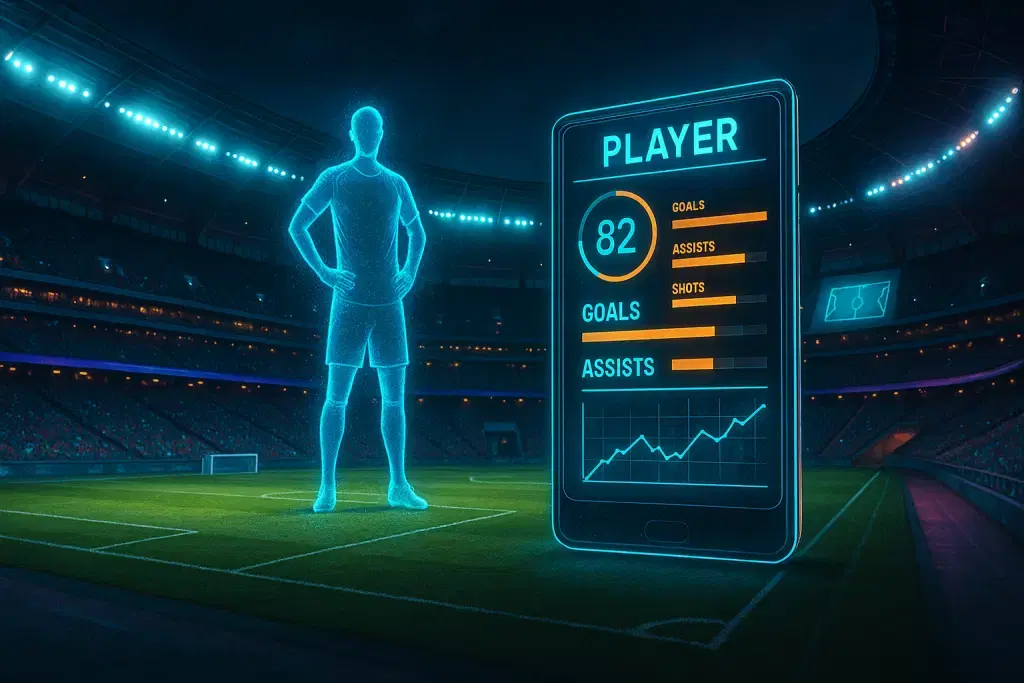How Sports Venues Transform Fan Engagement Through Smart Technology

Deloitte predicts that over 300 global sports stadiums will have begun renovations or new builds in 2025. But it’s not just about construction anymore. The integration of digital platforms mirrors trends seen across entertainment industries, where services similar to 1xbet promo offers SA demonstrate how technology creates new engagement opportunities for audiences seeking interactive experiences.
Next-generation infrastructure creates competitive advantages
Stadium owners aren’t just installing better Wi-Fi anymore. They’re building complete digital ecosystems. South Carolina’s Williams Brice Stadium is undergoing a $350M project approved in February 2025, focusing heavily on premium seating and technology integration. Stadium technology case studies 2025 show venues are treating tech investments as revenue drivers, not just amenities.
Current stadium technology deployments include these key elements:
- Cisco Wi-Fi 6 infrastructure with 1,300 access points providing high-speed internet throughout venues
- Biometric entry systems using facial authentication that eliminate fumbling with phones or tickets
- 5G Edge Crowd Analytics helping reduce wait times at entry points and concession areas
- Real-time crowd flow management through smart sensors and mobile app integration
- Samsung’s 70,000 square foot halo screen at SoFi Stadium creating immersive fan interactions
Revenue streams multiply through digital integration
The global smart stadium market is forecasted to increase by $50.7 billion from 2023 to 2028, representing a 30% growth rate. This isn’t theoretical – venues are seeing real returns. Mobile stadium apps revenue generation demonstrates measurable financial impact across multiple categories.
Levi’s Stadium features frictionless concession stands providing cashierless alternatives for fans to obtain food and beverage. Mercedes-Benz Stadium reports processing over 15,000 mobile transactions per game, cutting wait times by 45% and increasing purchase values. 47% of survey respondents plan to implement cashierless concessions technology in 2025.
The data tells an interesting story. Venues implementing comprehensive mobile apps report average revenue increases of 18-27% within two years. The Minnesota Vikings created a rewards system where fans earn points through app activities, with weekly competitions offering gift cards up to $150.
Personalization drives fan loyalty
Smart venues now track everything. EverBank Stadium recorded over 2,100 map loads on day one of their new navigation system, showing clear audience engagement with digital tools. But the real magic happens when systems learn fan preferences and behavior patterns.
Mobile apps act as a one-stop shop, allowing fans to purchase tickets, access exclusive content, and participate in gamified experiences that earn rewards. The Jacksonville Jaguars integrated MapsPeople with their FanReach app, enabling easy navigation while collecting valuable data about fan movement and preferences.
Marketers can identify personas willing to pay extra for packages including transport and exclusive player content, then incentivize these groups with special merchandise and discounts. Conversion rates improve when promotions match individual fan profiles and purchasing history.
Security and operational efficiency
33% of respondents in a recent poll identified facial ticketing as their favorite fan experience technology. Beyond convenience, biometric systems create security advantages. Facial authentication ensures only rightful ticket holders enter venues, eliminating fraud while improving accessibility.
37% of survey respondents experienced significant delays due to ticketing and security screening issues. Technology addresses these pain points directly. Smart sensors continuously gather data to deliver real-time information, efficiently managing crowd flow to eliminate bottlenecks.
The operational benefits extend beyond fan experience. SoFi Stadium reduced security incidents by 22% through augmented reality wayfinding systems. Smart clothing worn by athletes transmits speed, movement and distance data, providing spectators information like never before.
Environmental sustainability meets technology
The green technology and sustainability market was valued at USD 20.9 billion in 2024, with stadiums implementing automated facilities management to minimize energy consumption. Levi’s Stadium received LEED Gold Certification for Operations and Maintenance, marking the venue’s third LEED Gold achievement.
Sustainability isn’t just about environmental responsibility – it reduces operational costs. New LED field lighting systems brighten playing surfaces for primetime games while conserving energy. Environmental monitoring systems track air quality and temperature, automatically adjusting ventilation to improve fan comfort while reducing energy consumption by up to 20%.
The post How Sports Venues Transform Fan Engagement Through Smart Technology appeared first on Vanguard News.







